My Dad served in the Pacific as a naval aviator in WWII. He married my Mom when he came back from his first tour out and before going back out a second time in preparation for the invasion of Japan. After the war, Dad left the service for a while, but then went back in and served in the Navy for 23 years. I was the oldest child, but I was followed by 2 sisters, a brother, and then two more sisters. Meanwhile, my Dad went on numerous cruises to the Pacific, the Caribbean, and to the Mediterranean Sea. I lived in many states growing up: MN, CA, TN, MD, FL, VA, TX, NJ, VA again, RI, and then OK when Dad retired. My Mom and Dad were and are good and loving parents who taught their children to be self-reliant and responsible. I am fortunate to have a great brother and four very wonderful sisters.
When I started school in Texas, I was only interested in rough play, though I was always a nice kid. I know this because I did not beat up weaker kids, I took care of my younger sister and let her tag along with us boys even though some of my friends would rather she did not, and I tried to help out at home. In school, I could not see the blackboard. By the third grade in NJ, I was about to be put back, since I could not read. My eyesight was corrected and my mother spent endless hours teaching me to read. I hated it. Half way through the 4th grade, I discovered that there were books worth reading. Books on people in history especially interested me. Chief Black Hawk, Kit Carson, Daniel Boone, Robert E. Lee, U. S. Grant, John Paul Jones, Rogers and his Rangers, George Washington, Alexander Hamilton, Thomas Jefferson, Stephen Decatur and the Barbary Pirates, George Washington Carver, Thomas Edison and others were fascinating. It is a good thing for kids to learn about how remarkable individuals can make a difference and accomplish much despite adversity. Today, I suspect that books about heroic people are less popular because educators are afraid that kids will become hero-worshipers and be inspired to become individualists. I now really enjoyed school, though I had not earlier. About the 6th grade in Virginia, I started reading science fiction, news magazines, and BusinessWeek, whenever I was not playing baseball. In the 7th grade in Rhode Island, I started to read regular adult novels, when I was not playing basketball. From the 7th to the 10th grade, under the influence of a very good man, the Rev. Stenning, I was a serious Christian. I was the Acolyte he could count on for a 6 AM service during Lent. Jerry Wells, Anthony Campagna, Mary Hutchinson, Bob White, Katie Webb, Martin, and Stacy Kinney provided intellectually stimulating relationships.
We moved to Tulsa, OK for the 11th grade and I found a new set of intelligent friends, such as Ron Walker, Ron Brautigam, David Jacobsen, Brooks Campbell, Spencer Grosvenor, Nick Hunter, Larry Bunn, and David Warner. Many of us played a mean game of sandlot tackle football. Meanwhile, the church we went to was overflowing with hypocrites, particularly the minister, and I began more and more to question the validity of Christianity itself as I was repulsed by the small-minded and petty actions of many Christians. The summer between the 11th and 12th grades, I went to a summer program at Brown University and studied calculus, materials science, and computer programming. In the 12th grade, Ron Walker and I tore John Kenneth Galbraith's The Affluent Society to shreds in a debate. Ron suggested I read The Fountainhead by Ayn Rand, which caused this already very analytical and rational kid to enter into a period of white-heat thinking. I moved on to Atlas Shrugged and loved the experience of reading it and had even more ah ha moments. Many bits and pieces of the truths I had understood were fitting together much better now. So much was clarified. The summer after graduating, I worked as a geophone placement technician for an oil company and was based in Enid, OK. I subscribed to the Objectivist Newsletter and read its back issues. Before summer's end, I was sure I understood Ayn Rand's work well enough to be certain that it was essentially the right philosophy. This careful study served me well in the inhospitable university environment I was soon to enter, and would have served Ron Walker well if he had ever devoted himself to a similar effort.
My next stop was Brown University, where I was a physics major whose high school course in physics was wholly inadequate. I worked extremely hard to make up ground, but nonetheless got into innumerable discussions in the Freshman dorms with the other guys there. Soon, there were often 6, 8, or more guys arguing in favor of various forms of socialism mostly, but sometimes Christianity, with me in these discussions. I was always the lone individualist, not to mention the lone Objectivist, but time after time my opponents had to concede that I was right. Of course, they usually came back the next day and asked what I would do about the poor or the disabled in some context or other, as though posing the question somehow overrode the prior day's discussion. Finally, I met Larry Bellows, an applied math major, who was also an Objectivist. That was a wonderful day. It was great to have a friend who shared my values, was extremely intelligent, and was a really nice guy. Still later, I met Roger Donway, a philosophy major and an Objectivist. Finally, a friend outside of math and science and a very well-read Objectivist with a wide-ranging knowledge of the humanities. Roger was also a good guy, though he was tough on anyone who did not know what they were talking about. As I said, he was a good guy. Roger's older brother Walter was also an Objectivist and made an occasional appearance and he had an impressive friend who was Iranian. When Larry, Roger, and I were juniors, Roger introduced us to a freshman Objectivist with a very quick and keen mind, David Kelley. In the remainder of that year and my senior year, I spent many happy hours in conversation with Roger and David. Larry and I very often ate together and talked then.
After graduating, I returned home to Tulsa and expected to be drafted before summer's end due to the Vietnam War. Somehow, I was not. So, in the Fall, I started graduate studies in physics at Case Western Reserve University in Cleveland, OH. In October, I received my order for induction, which was changed to give me a report date of 15 June 70. I studied hard for the year and took all of my final exams despite them being made optional due to the Vietnam War protests that had frightened the faculty. After Basic Training at Ft. Leonard Wood, MO, I was sent to Ft. Polk, LA for Light Arms Infantry Advanced Training. After a week at home, I went to Vietnam. While there, I was at Quang Tri Combat Base and then Camh Ranh Bay, for 13 months, since I extended my tour in order to get an early out from the army. In Feb 72, I returned to CWRU to finish my Ph. D. in physics working with my excellent thesis advisor, Prof. Richard Hoffman. I investigated the surface magnetization of nickel single crystal surfaces using Mossbauer emission spectroscopy and Auger electron spectroscopy. While a graduate student, I met my wife, Anna Palka, who was then a microbiologist at the Rainbow Baby and Children's Hospital. She then got a M.S. in biology and started work as a lab technician in medical research. I then had a postdoctoral fellowship.
I moved on to the Naval Surface Warfare Center in White Oak, MD, where I worked with a fine team headed by Dr. Ron Lee to develop the Surface Evaluation Facility there. I worked on high-energy density batteries, corrosion problems, amorphous materials, sensors, coatings, composite materials, energetic materials, and developing surface analysis techniques, for 10 years. While there, I worked with my good friend Dr. Francisco Santiago, who will not call himself an Objectivist, though that is what he really is. Anna went to Pharmacy School at the Univ. of Maryland and got her degree despite having our 3 daughters. I moved to Martin Marietta Laboratories in Baltimore, in 1990, where I worked on surface contamination, adhesion, sensor electronics, interfacial reactions, rocket motor problems, and infrared sensor distortion correction problems. Just short of six years, Lockheed Martin closed the Baltimore Labs down. I bought up much of the surface analysis equipment, some microscopes, two mass spectrometers, and much vacuum equipment to set up my independent materials analysis laboratory in 1995. We now provide materials characterization services to a large number of commercial firms and some government agencies and universities. We offer surface analysis, thermal analysis, microscopy, electrochemistry, mass spectroscopy, and some mechanical testing for failure analysis, quality control, process and product development, consulting, and expert witness services. Fortunately, my staff scientists and engineers are an excellent team.











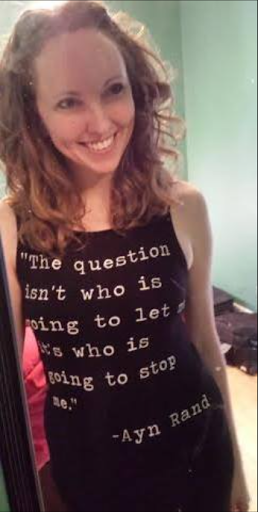
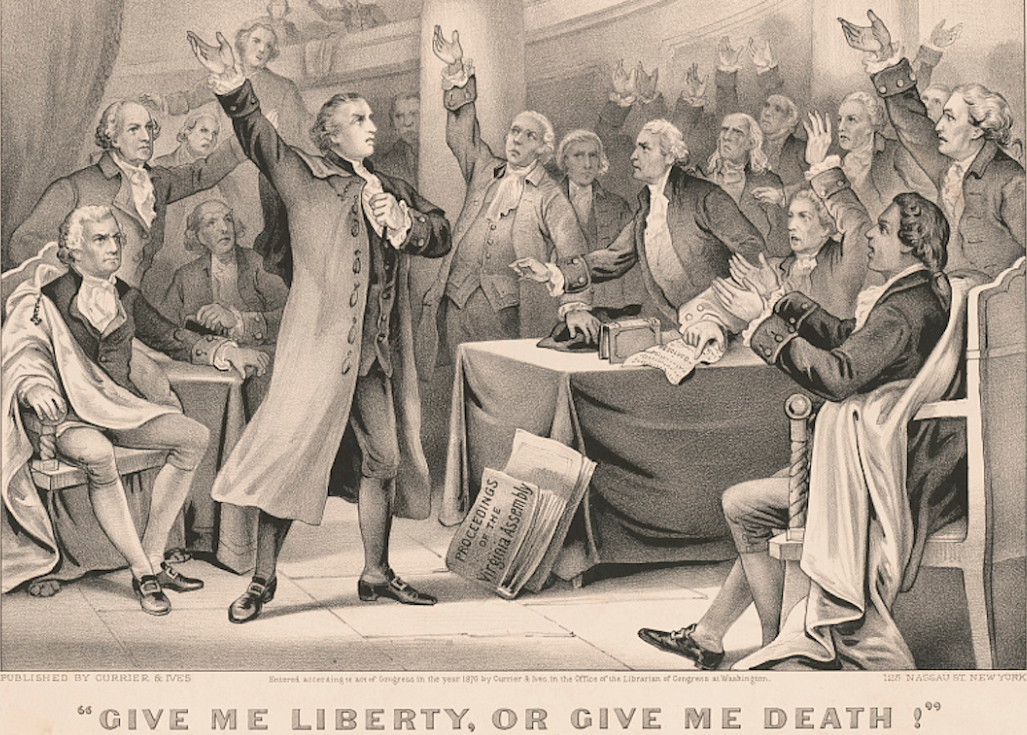
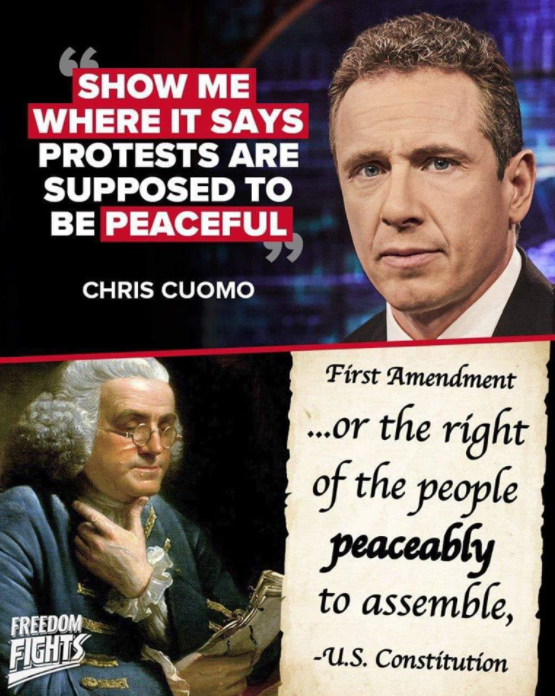
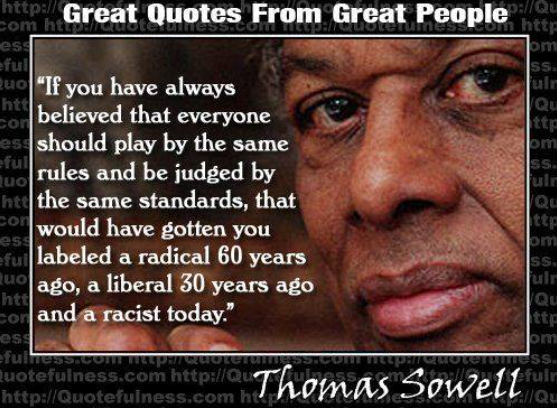
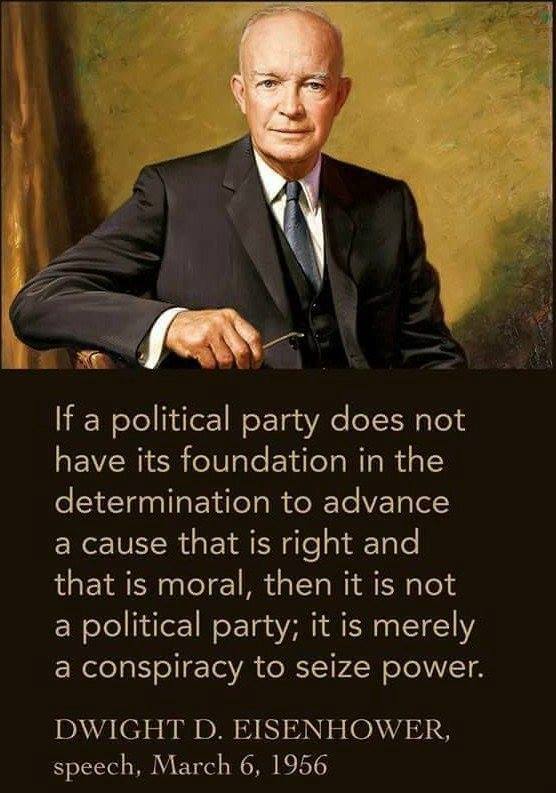
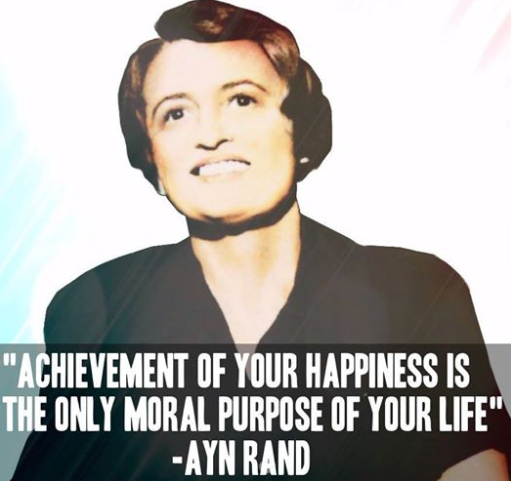
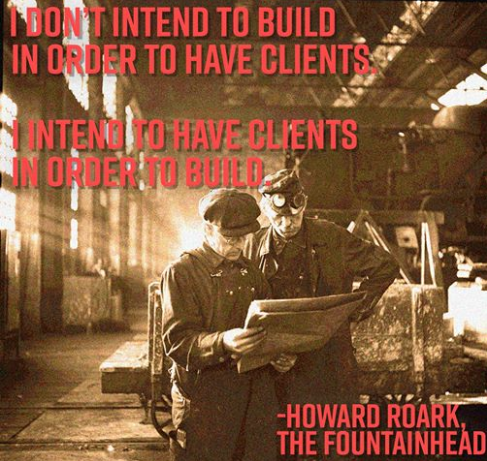

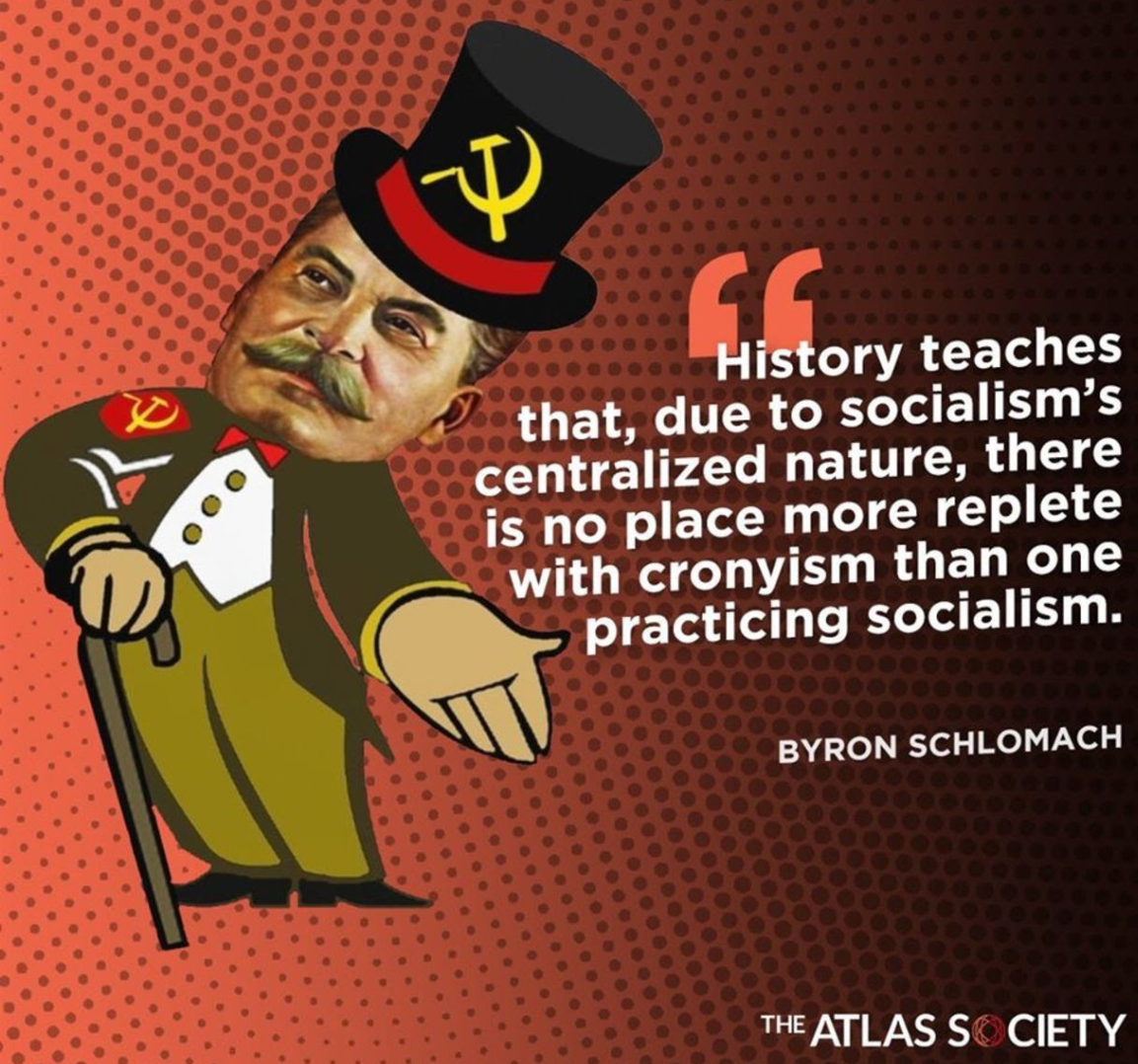
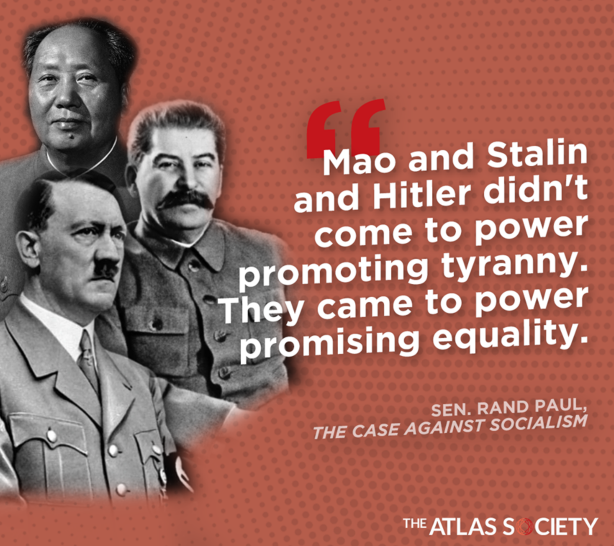
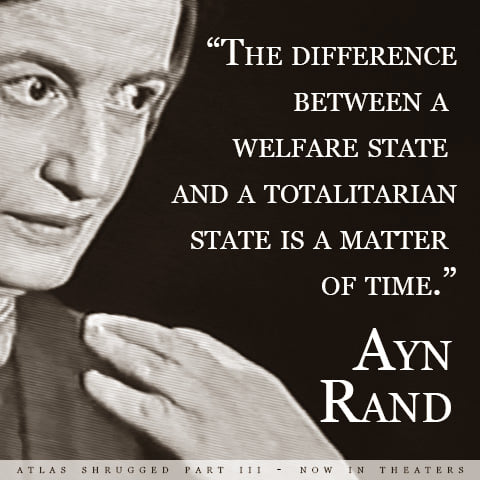

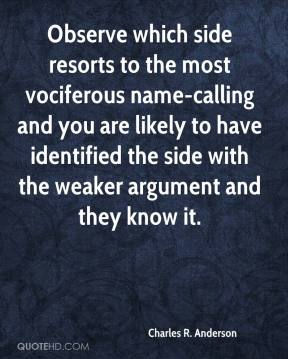
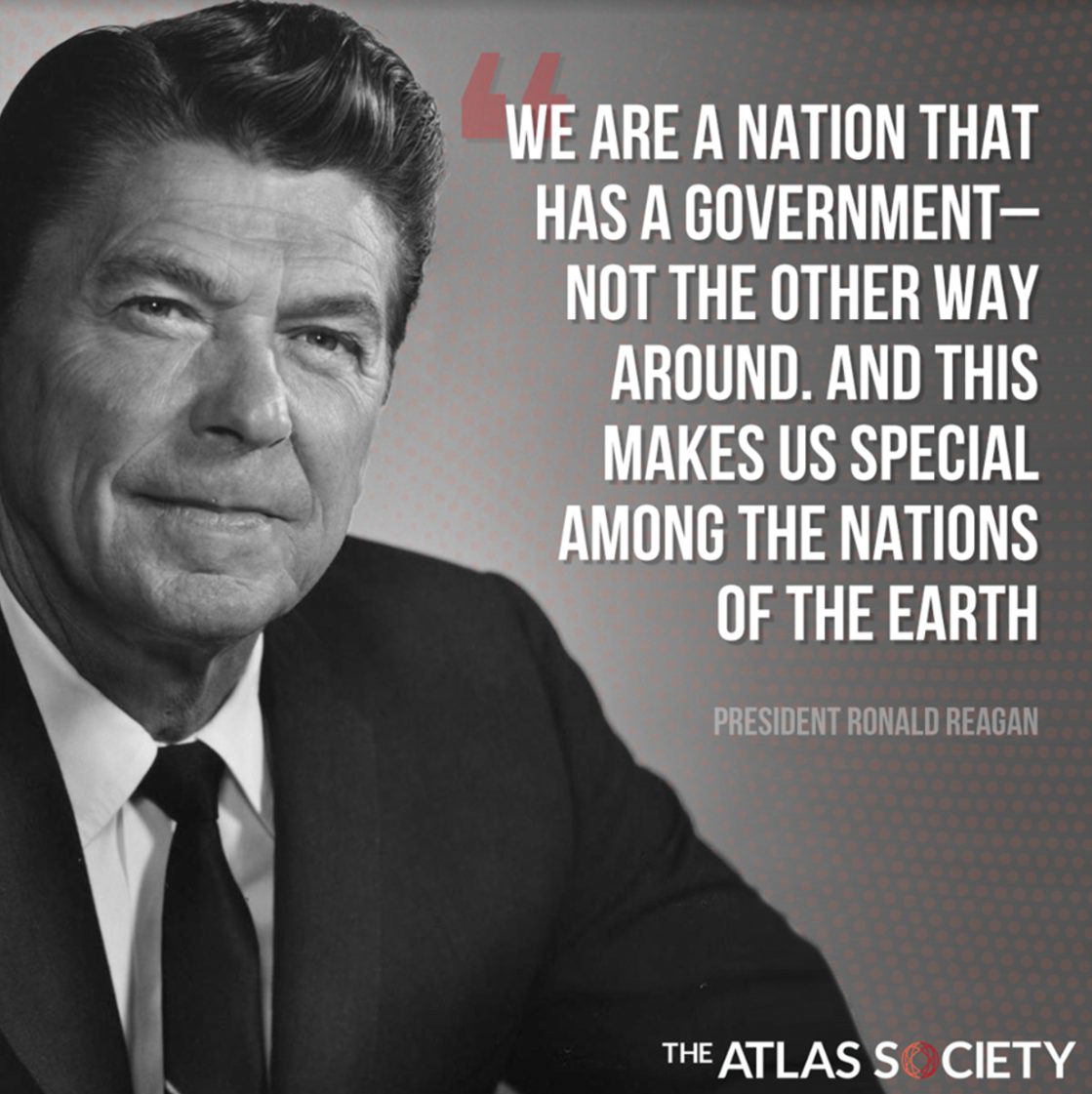




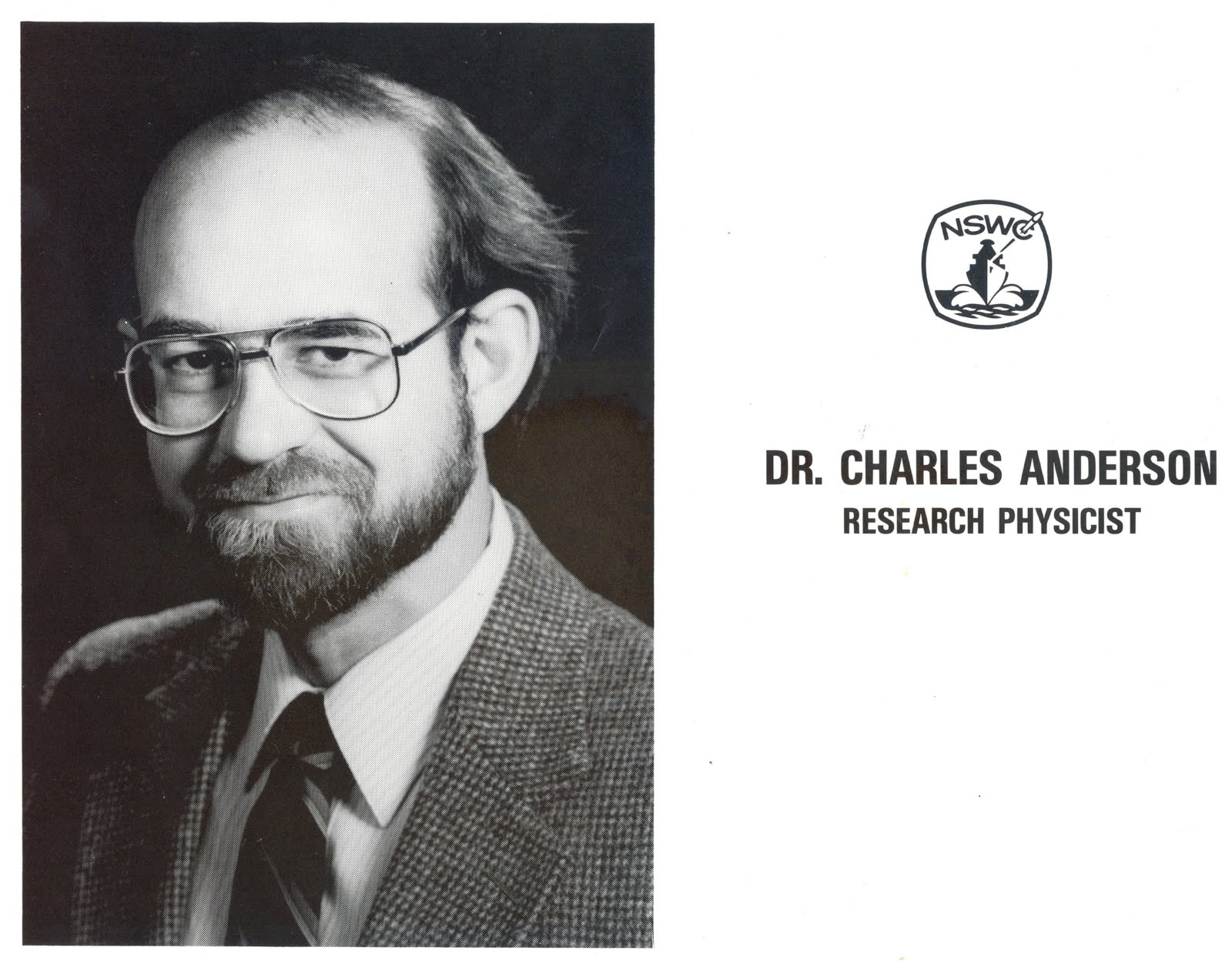

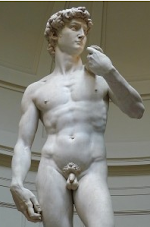
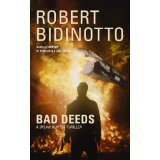
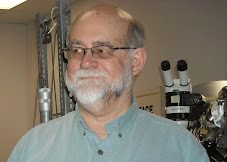

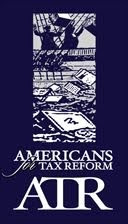
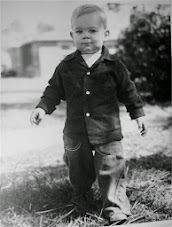

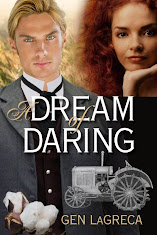









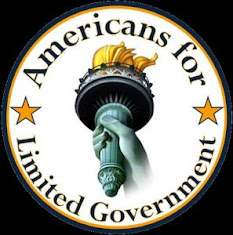
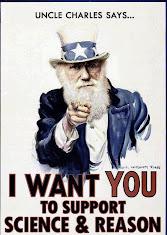













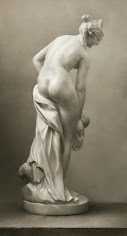
No comments:
Post a Comment